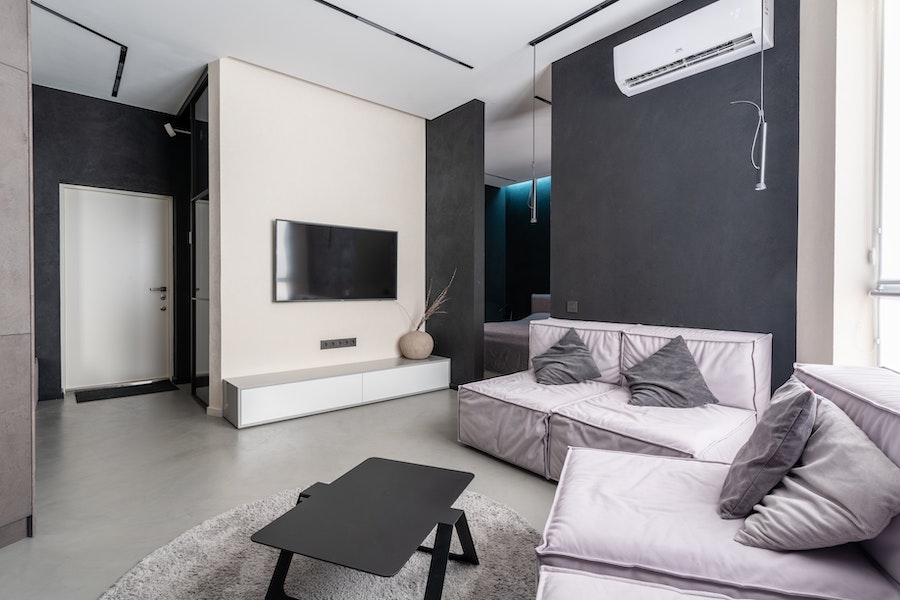Even with regular AC maintenance and service, you will eventually have to replace your air conditioning system. If the AC is not broken, you may need to upgrade to benefit from the new features available in more recent models. It can often be confusing for you to determine when to replace the air conditioners. To help you out, we have highlighted the top five signs you need to invest in a new AC in Houston.
Energy Bills Are Increasing
Energy bills are on the rise throughout the world. However, an unexpected increase in your energy bills is concerning and demands further investigation. It could be an indicator you need a new air conditioner.
There could be different issues that can cause the AC to become inefficient, and not all of these issues are repairable. For example, if there is major leakage in the system, it might be unreliable and expensive to fix.
Failure to perform routine maintenance to the AC system can cause its components to become less efficient. When parts of the AC unit become defective, the system struggles to perform and draws more energy, resulting in higher utility bills.
Repairs Have Become More Frequent
AC repairs are significant expenses. If the repairs become more frequent, the costs can quickly add up. It might be more cost-effective to invest in a new air conditioner.
It can be a good idea to use the $5,000 rule when facing the dilemma of getting your system repaired or replaced. According to the $5,000 rule, you multiply the AC system’s age by the total cost of the repairs. If the estimated number exceeds the amount of $5,000, it is best to get yourself a new HVAC system rather than pay a hefty amount for repairs.
Inadequate Air Or Limited Air Flow
A common sign that your AC system needs to be replaced is reduced air pressure. Air conditioning systems are designed to keep the room cool and comfortable, but when it reaches the end of its lifespan, it may not be able to blow enough air into the room. While lack of air can be caused by minor problems—including dirty evaporator coils or air filters—if the system does not have a specific issue, it might be the right time to consider replacing your air conditioner system.
Unusual Sounds And Foul Smells
Air conditioning units should typically operate at a noise level that can be barely detected. Air conditioners usually make a low humming noise. However, if the air conditioning system has gotten louder, it is cause for concern.
Unusual sounds coming from the AC generally indicate major underlying issues. For example, the AC unit can create a rattling or banging noise when there is a broken compressor or faulty fan motor. If the AC keeps running while making such loud noises, it can even pose a fire hazard.
The air coming out of the vents should also smell clean. If you smell a strange or musky odor coming from the AC or even a burning smell accompanied by strange noises, you should consider replacing the air conditioning unit. Most AC models can also release unpleasant odors when they have reached the end of their lifespan.
Excessive Moisture Build Up And Humidity Issues
Generally, AC systems should not leak any water, have moisture build up on the unit, or increase humidity in the room. However, as air conditioning units age, you might start to notice such issues.
One function of air conditioning units is to lower the humidity levels in your home. This happens as the evaporator coils extract heat from the indoor air, cool it, and allow it to recirculate inside your home. Over time, evaporator coils can become less efficient, resulting in an increase in the humidity levels of your home that can cause it to feel clammier.
Excess moisture build-up can even cause mold and mildew to grow in your system and eventually recirculate in the indoor air, posing a health risk. When such problems occur, it can be a sign that you should invest in a new system for your home. If you are uncertain whether you need a new AC or you can repair the existing unit, it is best to consult with an experienced HVAC technician.

